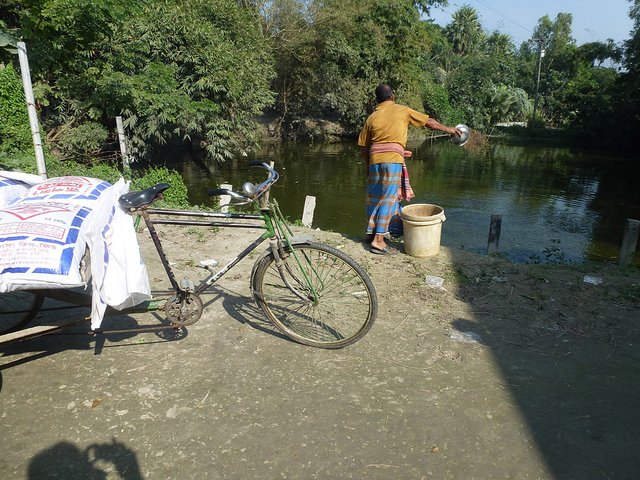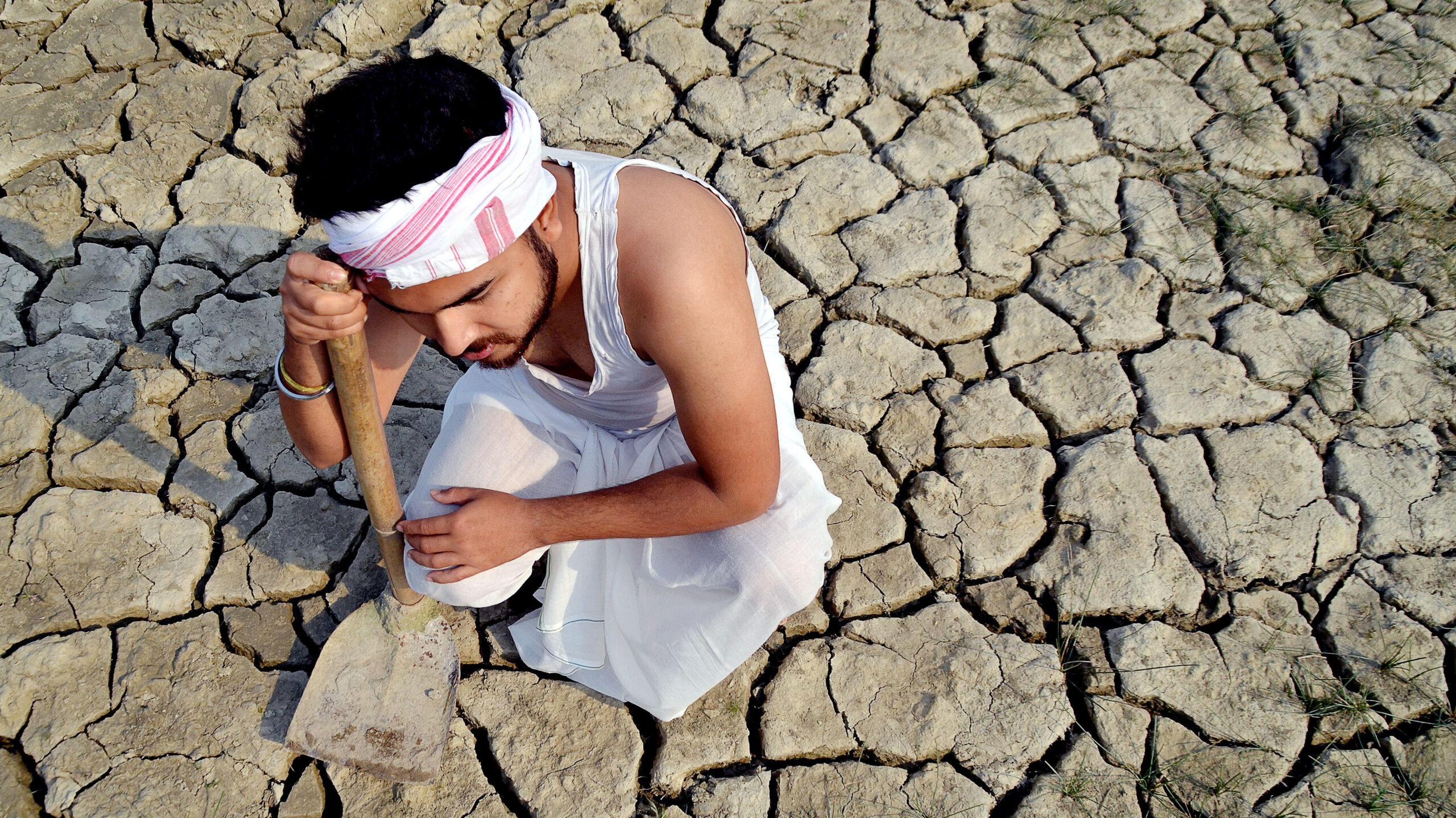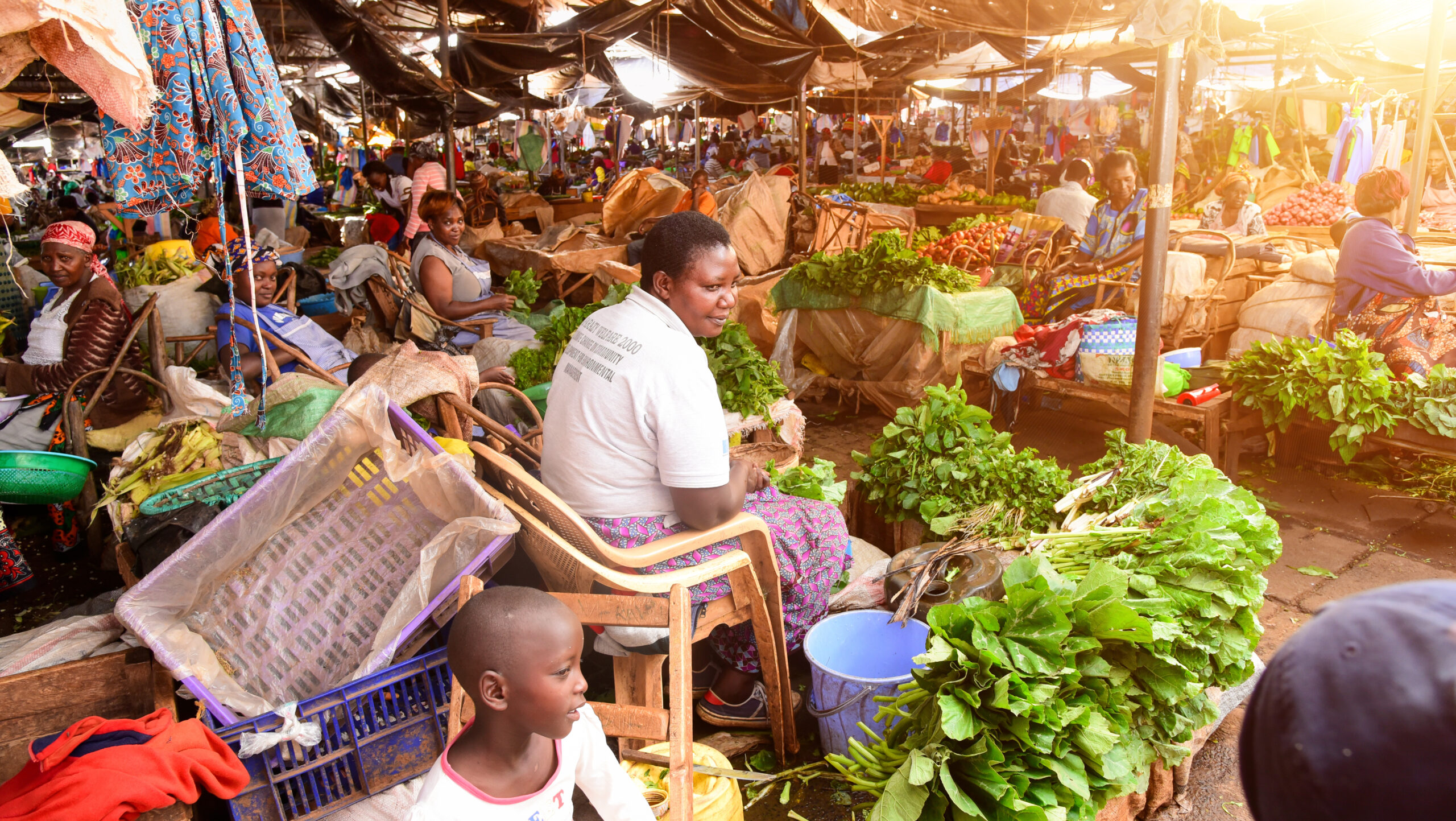Although climate change is poised to deeply impact both developed and developing countries, a shifting climate poses a particularly pernicious threat to developing countries that may lack the resources to contend with the challenges it will bring, with far-reaching implications for economic development.
Climate change is an especially troubling prospect for Bangladesh, a country both highly vulnerable to flooding and heavily dependent on agriculture. Bangladesh’s Ministry of Finance says that 20 percent of the country’s gross domestic product can be attributed to agricultural activities, so shifting temperatures and rainfall patterns could mean disastrously lower yields for the country’s many farmers and, subsequently, major challenges for its economy as a whole.
Researchers from IFPRI and the Bangladesh Centre for Advanced Studies have found via an extensive crop-modeling exercise and a household survey, described in the July 2013 discussion paper Agriculture and Adaptation in Bangladesh: Current and Projected Impacts of Climate Change, that there are options the country can pursue to mitigate the effects of climate change.
The researchers evaluated yields for eight different crops in 2000 and used crop modeling software to make projections for those same crops’ potential yields in 2050, searching for the most successful varietals and planting months. They also examined fertilizer and irrigation usage as a means of compensating for inconsistent rainfall.
IFPRI research fellow Tim Thomas and his coauthors found that the following strategies can help Bangladesh ready itself for climate change through 2050:
- Switching to crop varieties better suited to a shifting climate;
- Modifying planting dates to increase yield, especially for certain crops (such as boro rice);
- Using improved fertilizer that increases the nitrogen content of the soil;
- Expanding maize production;
- Developing a plan to contend with flood-related crop losses; and
- Improving pest management.
Related materials







